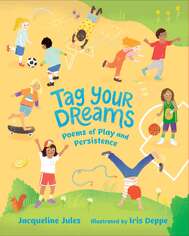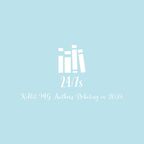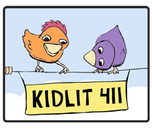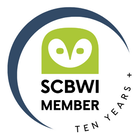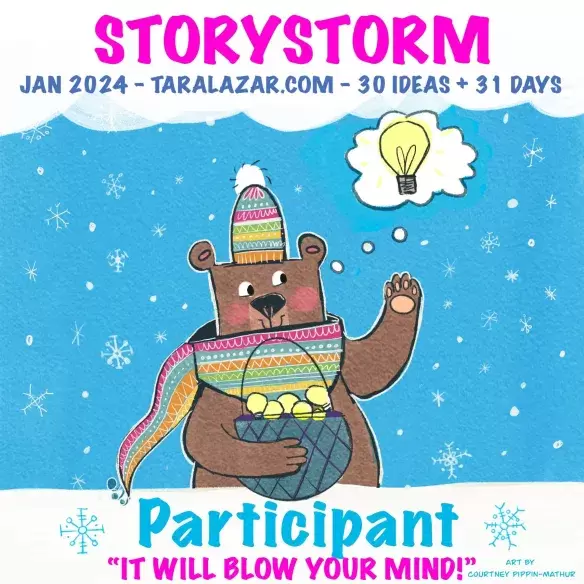Welcome, Jacqueline Jules!
Happy Book-Launch Day!
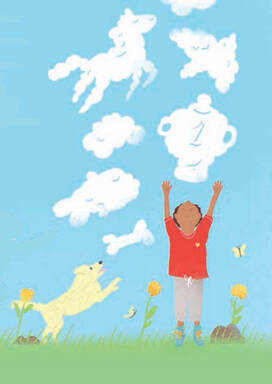 (C) Iris Deppe
(C) Iris Deppe It's great to be here, Dionna!
Do tell. Why did you decide to write a collection of poems featuring outdoor play for young readers?
Sports and games are filled with metaphors for courage, mindfulness, and self-discovery. Volleyball is one example. The rules say double hits are against the rules. That means the game needs a team effort, rather than an individual star to win. An outfielder who is running fast to catch a ball must still pay attention to the fence behind the field. Isn’t that a perfect metaphor for why we need to slow down sometimes to reach a goal? I love to walk in my neighborhood. Sometimes I will go outside, even when rain clouds are near, because it is exhilarating to enjoy the moment, regardless of what the future may bring. Writing Tag Your Dreams gave me the opportunity to explore these and many other rich metaphors.
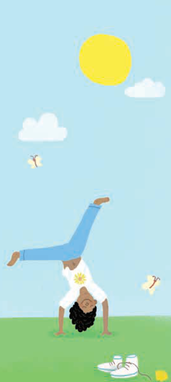
Many of these poems are pep talks to myself. I wrote the title poem, “Tag Your Dreams,” when I was feeling discouraged about my writing career. Writing the poem bolstered my determination to keep writing and pursuing my own dreams. I have always been drawn to stories of perseverance. The poem “Pedaling to Piano” is about a boy who learns he can heal and feel stronger after a bad fall on his bike. “Knocking Down Ghosts” is about facing one’s fear of failure in a bowling alley. “Last Pick for Kickball” shares the emotions of a girl who surprises her peers by scoring. Each poem in Tag Your Dreams uses a sport or activity as a vehicle of self-discovery.
Life is filled with setback and loss. The ability to stand up after being knocked flat as the poem “Tae Kwon Do” describes is essential to a successful and meaningful life.
I noticed that all of your poems in Tag Your Dreams are free verse. As a poet, do you prefer writing free verse poetry as compared to writing in rhyme or following the structure of other forms of poetry?
While I occasionally write in rhyme, I prefer free verse. Free verse is all about economy of language. It is an exciting challenge to convey meaning compactly, with only a few words. In my writing, I strive to pack each word with power. I also love alliteration. Using the same syllable in close succession creates a lovely musical sound.
When I teach poetry workshops to young people, I encourage students to think about what they want to say first before they try to rhyme. Sometimes students choose words because they rhyme, not because it is what they want to say. Self-expression should always come first when you write a poem.
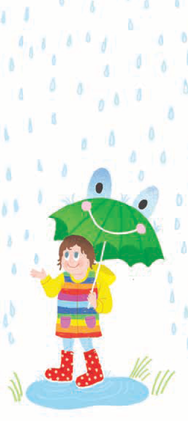
I began Tag Your Dreams over twenty years ago, when my sons were still living at home. Both of my boys loved sports. Our family life revolved around the attendance of youth baseball and basketball games. I also had partial season tickets to the Capitals to watch NHL hockey with my youngest son. As I attended game after game, I gained an appreciation for the courage athletes display in the face of challenges, particularly young athletes. It is not easy to go back to the plate after striking out, but that is what baseball players must do. Watching this inspired me to write the poem, “At Bat,” in the mid 1990’s.
Sometime later, I was watching the Winter Olympics and was blown away by a male skater who rose after a fall as if the question of getting up never existed at all. That inspiring moment became the poem, “Olympic Skater.” Working out at the gym one evening, I had a sudden memory of learning to ski as an adult, prompting me to write “Graceless Girl Skis Down Slope.” Little by little, my poems about sports and being active accumulated. I published several in different magazines for young people which reverted the rights to me after publication. Years later, I realized I had enough poems for a poetry collection. I submitted twenty-two to my wonderful editor, Andrea Hall at Albert Whitman. She asked me to write nine more poems to fill out the collection. These additional poems gave me the opportunity to consider the metaphors in games I played as a child and to talk about my current favorite sport—hiking.
What do you appreciate about Iris Deppe's illustrations, which accompany your poems?
I love the joy in the illustrations. The faces of the young people in Tag Your Dreams are very expressive. And I love how the young people shown on these pages represent the beautiful diversity in our vast world.


